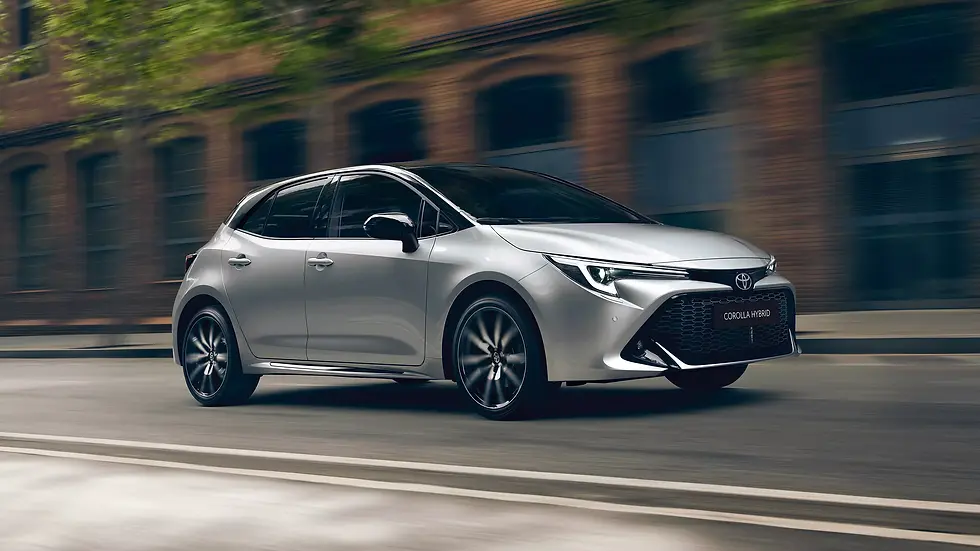Can Porsche’s eFuel Save the Combustion Engine from Extinction?
- Mark Grey
- Jun 7, 2025
- 2 min read
While the world races toward electrification, Porsche is quietly (and confidently) working on a game-changing alternative that might just give gasoline engines a second life—without wrecking the planet. Enter: eFuel...
This synthetic fuel promises something few have dared to imagine; keeping combustion alive in a world obsessed with zero emissions. And Porsche isn’t just experimenting. They’re investing big, building a pilot plant in southern Chile where winds help power the process. It’s all happening under the name
“Haru Oni”. And no, that’s not a new Porsche model, it’s the birthplace of their cleaner-than-clean fuel.
So, what exactly is eFuel?
Think of eFuel as gasoline’s smarter, greener twin. It’s made from two ingredients: hydrogen (from water) and carbon dioxide (sucked straight from the atmosphere). Through a series of clean, high-tech steps, Porsche and partners like Siemens Energy and ExxonMobil convert these into synthetic methanol, which is then refined into gasoline using Exxon’s methanol-to-gasoline process.
The result? A fuel that burns in your engine just like regular gas, but with up to 85% less CO₂ emissions. It’s nearly carbon neutral, especially when powered by renewable energy.
Why does this matter?
Because not everyone is ready to give up their beloved combustion cars, and Porsche gets that. Their legacy is built on high-performance engines that do more than just move people, they stir emotions. And with around 1.3 billion gas-powered vehicles still on the road, flipping the EV switch overnight isn’t realistic.
With eFuel, Porsche wants to make those existing cars climate-friendly, too. No engine overhauls, no new gas station tech. Just cleaner fuel in the same machines. In fact, they’ve already tested it in motorsport: the Porsche Supercup has been running on this synthetic juice to prove it can handle the heat of racing.

Porsche’s Bigger Plan
Porsche isn’t just dipping a toe into green fuels. They are taking a leadership role. Backed by their sustainability roadmap (dubbed Strategy 2030), the brand is going all-in on electrification for future vehicles, with models like the Taycan and Macan EV already charging into the lineup. But with eFuel, they’re doubling down on reducing emissions from their iconic fleet of combustion cars still on the road.

The ultimate goal? A transportation future where EVs dominate the new car scene, while legacy
combustion cars get a second lease on life—cleaner, quieter, and just as thrilling.
What’s next?
The pilot plant is already producing fuel, with plans to scale up to 550 million liters a year in the next five years. And if other automakers follow Porsche’s lead, this could be more than just a niche project—it could be a revolution.






Comments